UN Humanitarian Coordinator for Afghanistan Ramiz Alakbarov, told the Security Council that nearly 800 people have been confirmed killed and more than 1,400 injured from the deadly earthquake that struck Paktika province. He added, “search and rescue operations remain ongoing and it is expected that the number of casualties will further increase over the coming days, along with the number of affected communities.”
At the beginning of the meeting today (23 Jun), Council members took a moment of silence for the people who lost their lives in the earthquake.
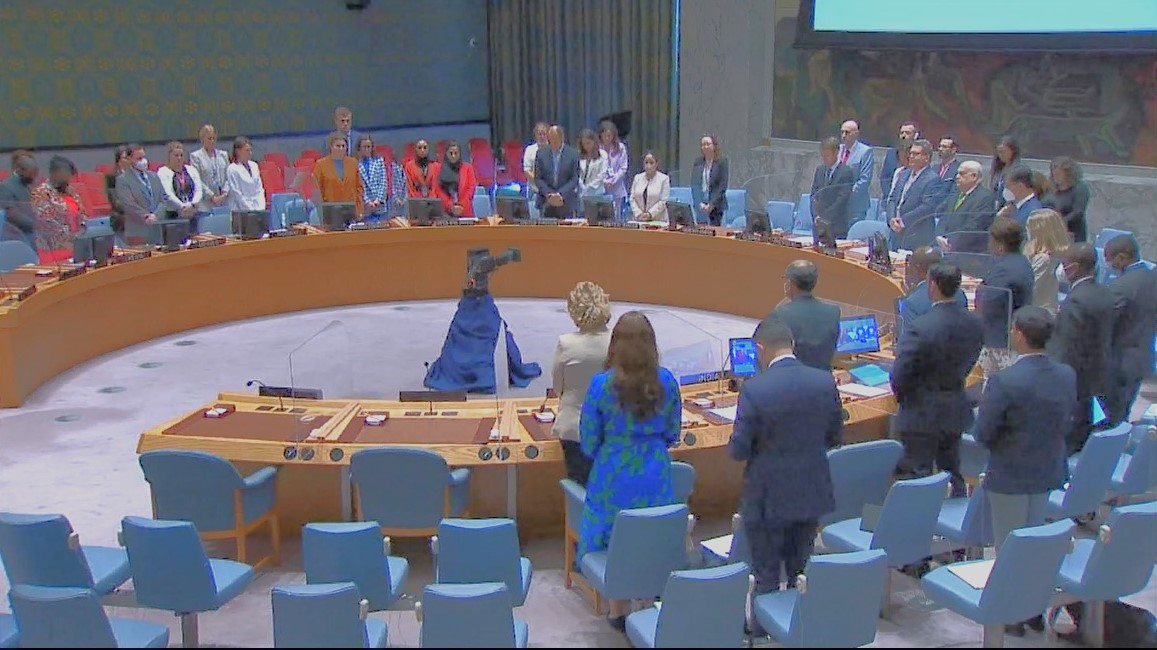
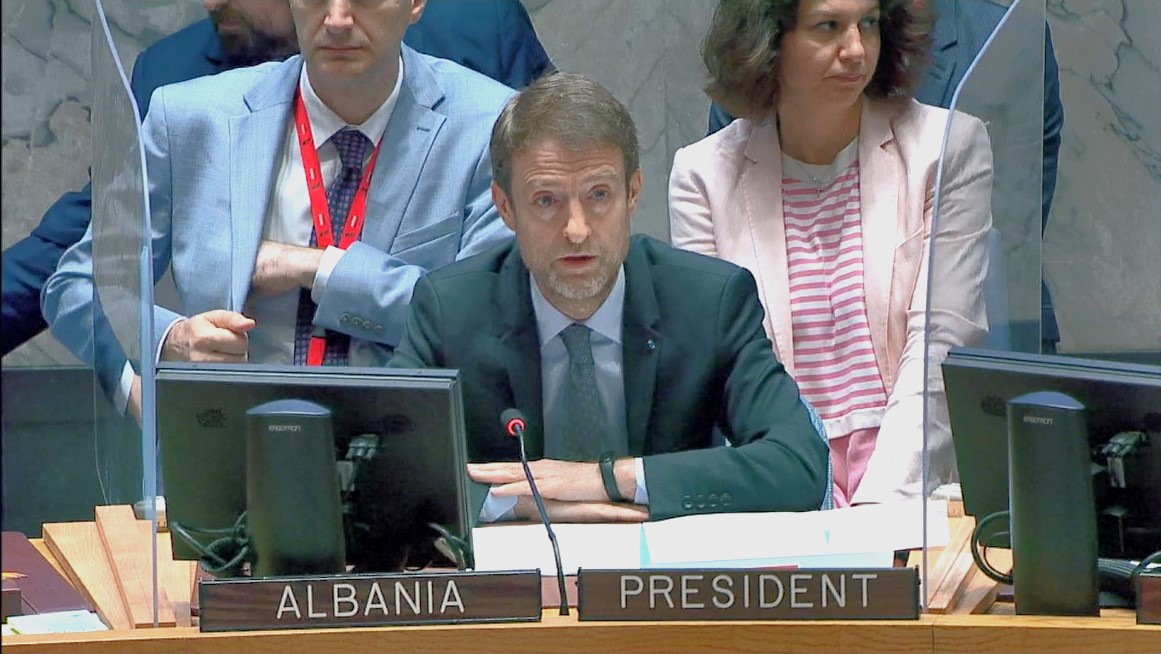
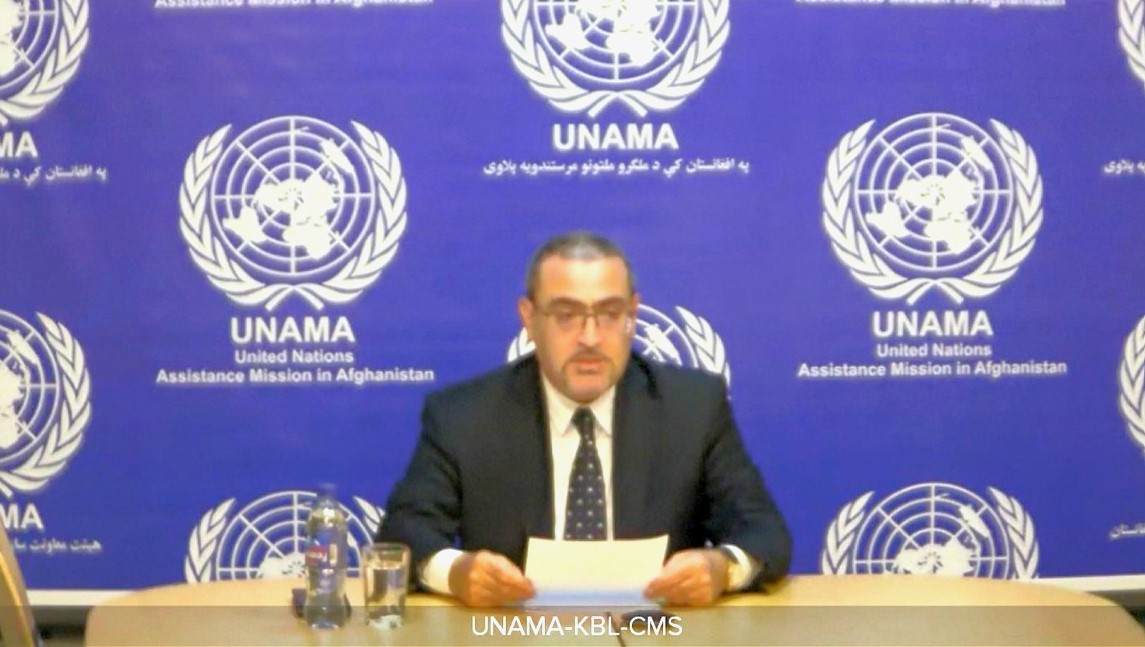
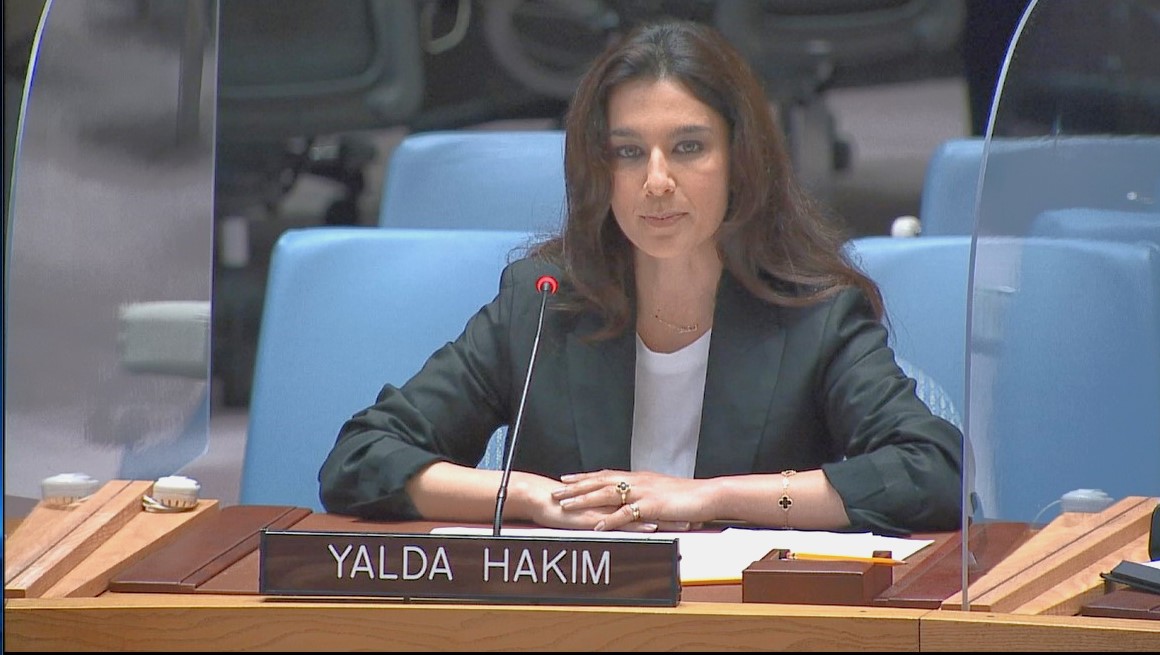
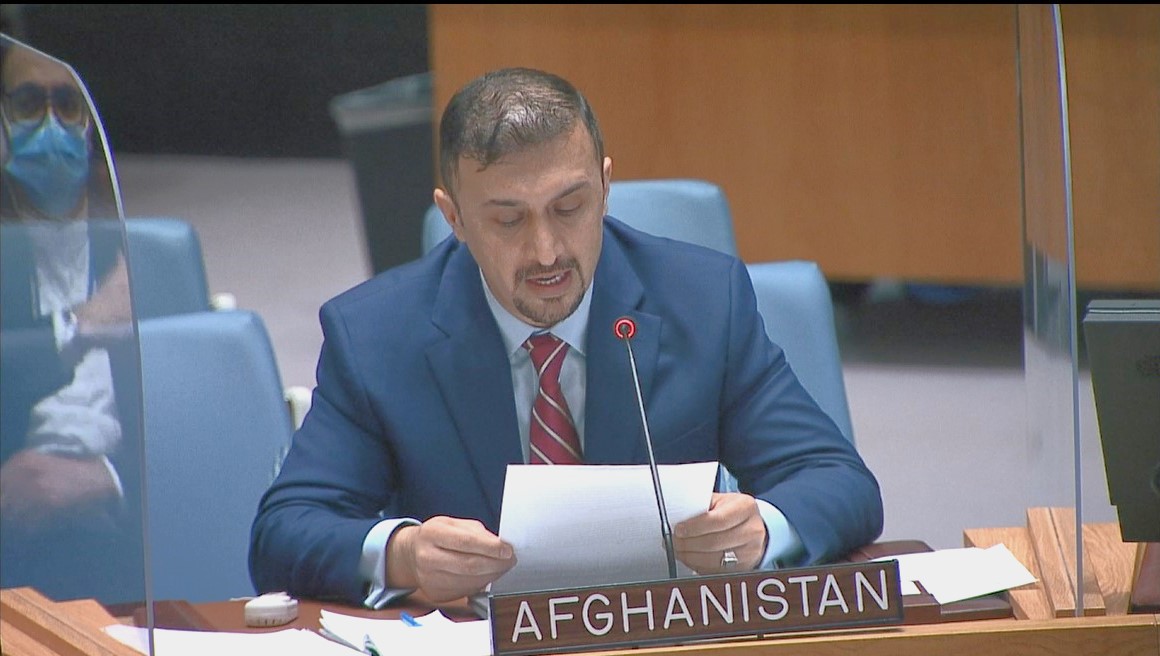
The Resident and Humanitarian Coordinator for Afghanistan Alakbarov told the Council that on Friday (24 Jun), he intends to visit the affected areas and to meet with affected families, first-hand responders, including women’s civil society groups who are working to ensure that assistance reaches women and girls, and to support overall relief efforts.
Alakbarov also briefed the Council on the other emergencies confronting the population in Afghanistan.
The human rights situation in Afghanistan remains precarious, said the Resident and Humanitarian Coordinator.
He said that despite the adoption of a general amnesty and repeated assurances by the de facto authorities that it is being respected, UNAMA continues to receive credible allegations of killings, ill-treatment and other violations targeting individuals associated with the former Government of Afghanistan. UNAMA also continues to receive credible allegations of violations committed by the de facto authorities against individuals accused of affiliation with the National Resistance Front and ISIL-KP.
He added that the de facto authorities have increasingly restricted the exercise of basic human rights, such as freedom of peaceful assembly, freedom of opinion and expression, quelling dissent and restricting civic space in the country.
Alakbarov reiterated, “these restrictions continue to be aimed particularly at the rights and freedoms of Afghan women and girls, limiting their involvement in social, political and economic life.”
He explained, “these include most prominently the ban on secondary schooling for girls and the decision to impose face covering on women,” adding that “the cost to the economy of these policies is immense. The psychosocial costs of being denied education, for example, are incalculable.”
The Resident and Humanitarian Coordinator said, “women are collectively being written out of society in a way that is unique in the world.”
On the ongoing economic crisis, Alakbarov warned, “if the economy is not able to recover and grow meaningfully and sustainably, then the Afghan people will face repeated humanitarian crises; potentially spurring mass migration and making conditions ripe for radicalization and renewed armed conflict.”
He said, “no matter what we do, Afghan rural areas must be given priority attention with the focus on agricultural-food systems to prevent cycles of hunger.”
Alakbarov continued, “we must help drive a grass-roots economic recovery which is anchored in the creation of value chains and developing linkages between farmers and food producers and local markets. This, in turn, will help reduce child labour, improve health outcomes, and create an enabling environment for social development and change.”
UN humanitarian affairs chief Martin Griffiths also briefed the Council via a video link.
He said that while humanitarian organizations are reaching record numbers of people across the country, this response is complex and difficult.
He listed three areas of impediments, first, “the formal banking system continues to block transfers due to excessive de-risking, impacting payment channels and causing breakdowns in supply chains.”
Griffiths continued, “around half of organizations who responded to OCHA’s latest monitoring survey reported difficulties transferring funds into Afghanistan, compared to 87 per cent of respondent organizations who said the same in October last year.”
According the OCHA, around 80 percent of organizations are facing delays in transferring funds, with two thirds reporting that their international banks continue to deny transfers. Over 60 percent of organizations cite lack of available cash in-country as a programmatic impediment.
The second impediment relates to engagement between humanitarian organizations and the de facto authorities, said the chief of humanitarian affairs.
He explained that national and local authorities are increasingly seeking to play a role in the selection of beneficiaries and channeling assistance to people on their own priority lists, citing an almost universal level of need. His office is also seeing more demands by the de facto authorities for data and information with regards to budget and staffing contracts.
Third is the lack of funding, Griffiths said. According to OCHA, only one third of the resources needed for this year’s humanitarian response has been received.
Yalda Hakim, a journalist who has been reporting in Afghanistan for more than a decade told the Council that the question she is repeatedly asked by Afghan women and girls is “if they are forgotten, whether the outside world cares? And if so, what it is prepared to do?”
She told Council members, “I would ask you to ask yourselves what answer I should give to the women and girls of Afghanistan when they asked me this question.”
Naseer Ahmed Faiq, Chargé d'affaires of the Permanent Mission of Afghanistan to the UN also briefed the Council.
He said, “the United Nations is well positioned to use its existing toolkits in light of the UNAMA mandate to organize and facilitate an intra Afghan dialogue with participation of credible Africans from all walks of life residing in and outside Afghanistan, including the representatives of Taliban and opposition groups as well as regional and international partners and to work on a national solution through establishing a roadmap or a mechanism in which all Afghans can reach an agreement about core issues such as their political, social and economic rights, including fundamental rights and freedoms of all citizens, particularly women, youth and minorities.”
 Celebrity Media TV
Celebrity Media TV









